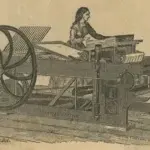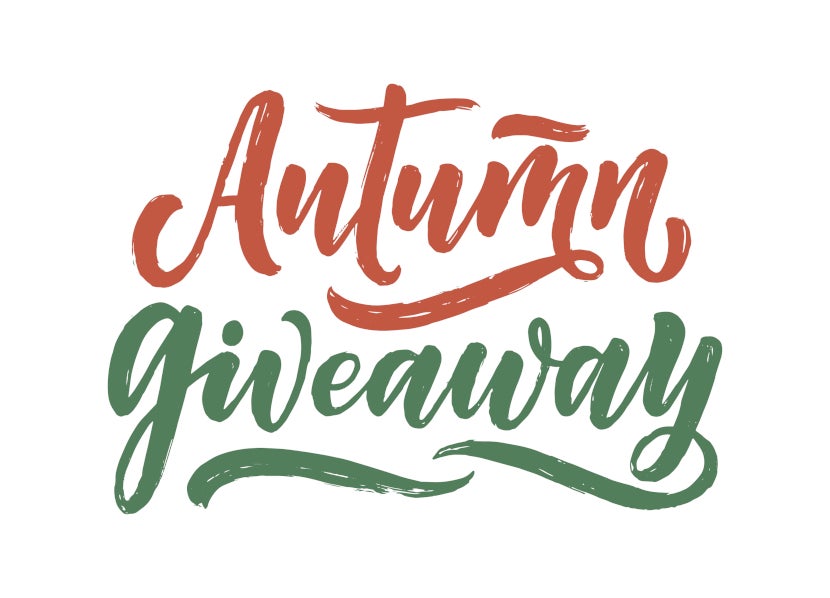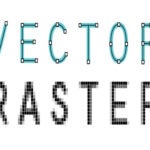
As seasons change so too do customer and client spending habits. Understanding and being able to predict the effect these have not only your industry as a whole but your clients and customers, in particular, is vital. From the previous year’s spending habits to the unusual circumstance of this fall being affected by social distancing, compiling this information should give you the edge you need to adjust your marketing and advertising strategies. Then plugging in the right combination of small business solutions, tactics, and materials to reach them put your fall marketing strategy down the path the success.
Where’s the Data?

Gathering and analyzing customer data is the most important aspect of any business. You should be gathering information at every possible touchpoint: via email, newsletter signup, online visits, in-store visits, through mailing lists. Any and every avenue that can teach you about your customers’ spending habits can help you not only cater to their needs but streamline and focus your staffing priorities and goals. When you optimize both your employees and customer touchpoints, that leads to marketing and sales optimization.
Change: Your Small Business Going Up

If your brand has gone stale, now’s the time to give a bold new face. There are many free design tools you can use to create the graphics of your new logo, and studying the color wheel will give you the important information you need to choose the right colors for your brand. Integrate these changes into your marketing plan to create dynamic new customer touchpoints.
Optimize Your Fall Marketing Push
Data analysis will guide you in simplifying your efforts to create focused, actionable company-wide goals. Integrating social media is an inexpensive way to add some serious power to your marketing budget. Free software tools like Buffer can integrate your social media into a cohesive campaign by synchronizing posts.
Build Your Own Email List.
Email lists are the lifeblood of the modern business, regardless of whether yours is e-commerce or a brick and mortar location. The email click-through rate is significantly higher than any other medium, particularly social media. Consider Twitter’s average CTR of .5% to emails 3%. Once you understand that, using email to build the connection with your in-store experience becomes a driving factor, with many creative ways to make them work together.
E-commerce + Pop-Up Shop = Unique Shopping Experience
Pop-up shops are the retail equivalent of the food truck. Their time and location is limited, but unlike a food truck, their mobility is severely curtailed. That means to plan, plan, planning is the order of the day. From choosing the space to coordinating it with events to decorating to staffing and outdoor banners, the one keyword to remember is this: experiential.
Extra, Extra – Read it in the Newsletter!
With email outperforming other methods of lead generation, it’s not about re-inventing the wheel but rather about maximizing its potential impact. If yours isn’t working, one of the ideas we have will probably help you see it in a new way and turn that underperformer to an overachiever.
Integrating Outdoor, In-Store and Email Campaigns
With email integrating with your brick and mortar location, what about linking it with your outdoor and in-store marketing as well? Creative, holistic campaigns generate interest and are invaluable for brand building. They allow you to differentiate, to explore content choices that build a story rather than simply advertise a sale. That’s what we call maximizing email’s 4,300% ROI.
Give it Away this Fall

The fall shopping season is about to begin. One thing your customers – and all shoppers – love is exclusivity. Take lessons from integrated email communications and pop-up shops to create unique custom invitations that turn your holiday season into an exclusive, experiential event powerhouse.




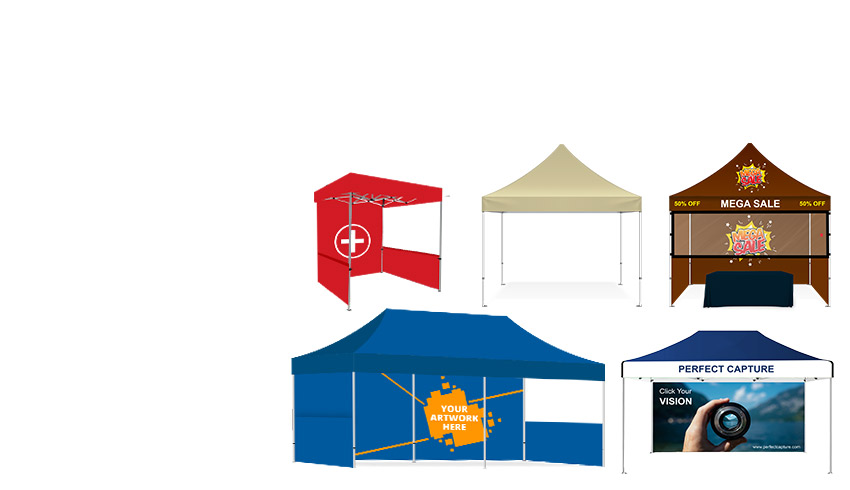





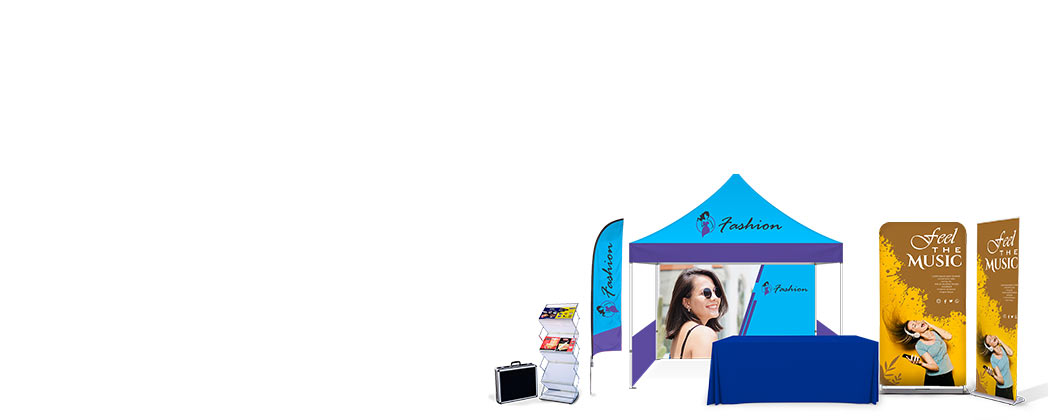




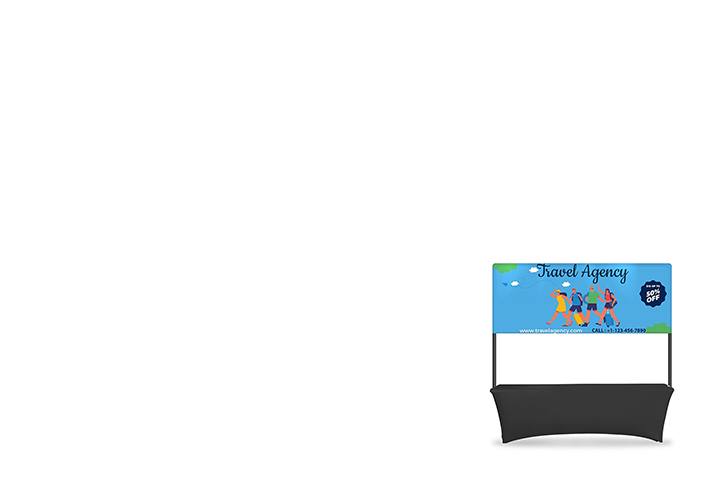













 Posted in
Posted in  Tags:
Tags: 

